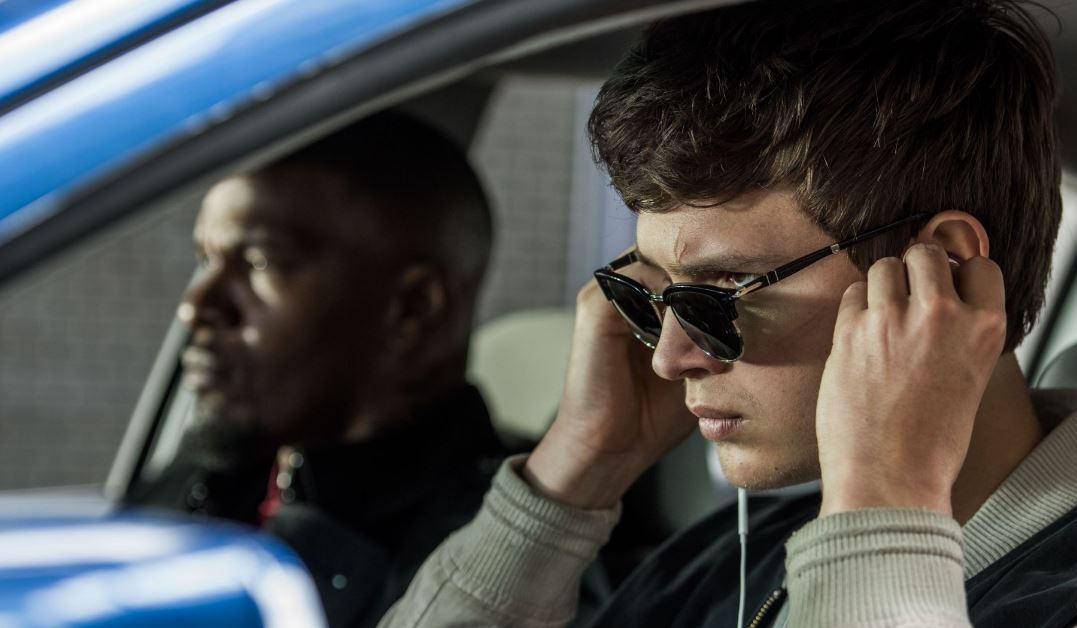
For the past few weeks I’d heard a lot about Baby Driver. It had been built up as the epitome of cool, with brilliant characters and an incredible soundtrack. I finally got around to seeing it, and I can’t say I completely agree.
Within the first five minutes of Baby Driver I was stuck on the obvious comparisons to Nicolas Winding Refn’s brilliant film Drive (2011) – a personal favourite of mine. From the opening heist getaway scene to the brooding protagonist driver trying to protect his love interest from his reluctant involvement in organised crime, the similarities are inescapable.
Drive was a beautiful, unexpected thriller with a brilliant soundtrack and moving characters that drew you into the film. Baby Driver, however, I found to be a fairly predictable and shallow work that invested so heavily in cinematography and action set pieces (both of which were admittedly impressive) that it was to the detriment of creating characters or a story that I actually cared about.
While Ryan Gosling in Drive gave a commanding, subdued performance, Ansel Elgort’s ‘Baby’ never really convinced me as a character. His backstory was a cookie-cutter template, as were his motives of protecting his new love interest. Additionally, in terms of character, it made little sense to me why Baby, built up as a decent-hearted and unwilling participant in this criminal network, would compromise his entire character to agree to the final heist when given a clear yes or no choice on the matter by his boss.
Equally Drive’s Carrie Mulligan was a far more convincing love interest that Lily James in this film. Rather than the complex, slow-building relationship constructed in Drive, Baby Driver expected the audience to believe that Deborah wouldn’t so much as question the sudden revelations of her new boyfriend’s involvement in a mass-murdering criminal network. Choosing to run away with him in the middle of a city-wide manhunt and proceed to wait five years for him to leave prison despite only having met him three or four times. These questionable narrative choices could be forgiven if the characters actually had chemistry – which they unfortunately didn’t (with the exception of a brief scene in a laundromat).
Besides the male and female leads, the film also suffered from faults in the supporting characters. The main one being a completely uncharacteristic change of heart from the otherwise impressive Kevin Spacey (who has the honour of wheeling out the ‘I was in love once’ cliché explanation). Jon Hamm, Eiza González and Jamie Foxx portrayed some of the better characters of the film, providing some interesting and amusing dialogue – that is until Jon Hamm takes on the hackneyed antagonist-that-refuses-to-die persona towards the end of the film.
It may seem unfair to judge a film almost entirely through comparison with another, but Baby Driver – in terms of style, tone, story and characters – has clearly been so heavily influenced by Drive that the comparisons are unavoidable.
To be clear, I didn’t hate Baby Driver. It is by no means a bad film. As mentioned above, the cinematography is brilliant, the action is thrilling and the soundtrack is impressively melded with the visuals of the film. But having been so built up and universally praised, I can’t say these positive aspects outweighed the negatives of such a predictable narrative and unconvincing stock characters. Baby Driver could have emerged as a spiritual sequel to Drive or carved out a unique place for itself in spite of the many similarities between the films. Disappointingly, it did neither, but it is nonetheless worth a watch – even if only for the visual spectacle.
Some of the coverage you find on Cultured Vultures contains affiliate links, which provide us with small commissions based on purchases made from visiting our site.

